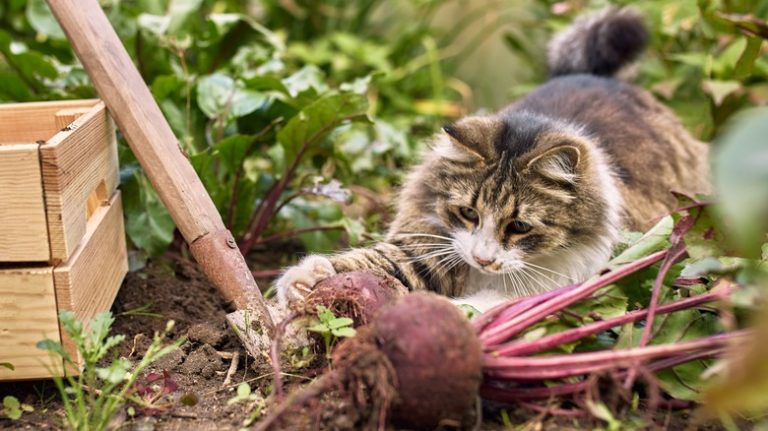Moles might seem relatively harmless in cartoons, but they’re a nuisance if you own a yard. You’ll know if you have them if you spot unsightly mole hills in your yard, marring the aesthetic of your grass. They also dig extensive underground tunnels, which can weaken your lawn and, in extreme cases, even threaten your foundation if they’re digging too close to your house. Their tunnels might even attract other pests like rodents to set up shop in your yard, since there are plenty of safe hiding spots for them to live in. Luckily, Dawn dish soap and castor oil can help you get rid of them if they’re wreaking havoc on your property. Garden moles don’t stand a chance against these two common household ingredients.
This is a great hack to try because it’s eco-friendly and humane. You’re not relying on harsh chemicals, kill traps, or exterminators to remove these critters from your property. Instead, just make them uncomfortable with the combination of dish soap and a laxative. Here’s how to pull it off.
How to use castor oil and dish soap to remove moles

To banish garden moles from your yard, you will need a bottle of Dawn dish soap and some castor oil. Pour about 6 ounces of castor oil into a jar, then, to dilute it, add 3 quarts of hot water and, finally, a squirt or two of Dawn dish soap to allow the oil and water to mix. Shake the ingredients together, and pour them into a spray bottle or hose-end sprayer. You can then use the repellent to spray it directly on mole holes, on the surrounding grass, and even directly into the tunnels. If you have stubborn pests that seem content with staying in your yard, you might even want to cover the entire lawn with this mixture. Next, fill in the existing mole hills and spray them down with the repellent, further enticing the critters to leave. Keep routinely spraying those areas until the moles finally move on.
This hack works because castor oil repels moles. It creates digestive issues if ingested and can irritate their skin if they encounter it. This will make your yard a hostile environment for them, convincing them to relocate elsewhere. However, this might not be the best hack if you have pets. According to WebMD, castor oil can cause digestive issues for cats and dogs if they ingest it. While the risk is lower when castor oil is digested versus the castor bean plant, it can still cause some serious discomfort.



